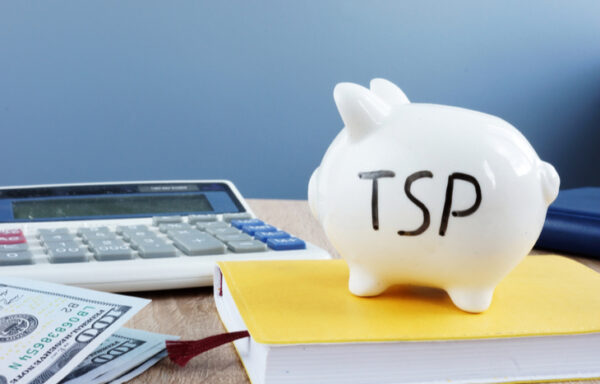What to Do With Your Money in Your 30s
For many people, leaving their 20s isn’t necessarily a bad thing. It means setting aside the days of crazy parties, glaringly stupid decisions and the negative consequences they tend to invite.
By the time most of us kiss our third decade goodbye, we’re settled in steady jobs, we have a much better grasp of what a healthy relationship should and should not look like, and we’re actively writing down our student loans. Who knows, maybe we’ve even put those pesky payments behind us altogether.
That kind of stability mixed with the lasting strength and good health from our rip-roaring 20s might seem like the ultimate sweet spot. But there’s a downside to that kind of contentment if we’re not careful.
When the present is going relatively well, it oftentimes becomes difficult to focus on the future. And that lack of foresight can bite you hard later on, especially when it comes to finances.
Your 30s – or your 40s or 50s, for that matter – are not a time to kick back and relax too heavily. Instead, they’re the perfect opportunity to prepare for life-changing events, particularly retirement.
Don’t Count on the Government… Retirement Is on You
Unfortunately, those of us still several decades away from retirement can’t rely on government assistance down the road when we do finally step out of the workforce.
At the risk of being too blunt, the government is broke and getting broker by the year. While we’re dutifully handing over a portion of each paycheck toward our supposed Social Security, politicians are spending that and more on ridiculous things like:
- Cosmetic surgery for Medicare patients.
- Preparing Department of Homeland Security employees for a zombie apocalypse (not even kidding).
- Costly travel to Europe and other vacation destinations for “official business.”
So don’t think you can count on them in the end. If you’re banking on getting your Social Security checks someday, you should also expect to be sadly disappointed and financially strapped.
Most people under the age of 45 understand that they’re largely on their own in this regard. Yet according to a 2010 report released by Hewitt Associates, one-third of workers in their 30s to mid-40s don’t take advantage of even their 401(k) plans. And things haven’t gotten better since.
As Fox Business noted earlier this year, “retirement may seem far down the road at 30, but the longer workers wait the more they’ll have to put aside later.” And Kevin Luss, president of financial advisory company The Luss Group, added, “If you start at age 30 you have to put 10% of your income away as a benchmark. If you start at 45 you have to put 50% of your salary” toward retirement.
That’s a major difference and a much bigger burden further down the line.
The Oxford Club Way
Regardless of when exactly you begin saving up for your long-term future – whether you plan on retiring five years from now or 35 – Investment U‘s parent company, The Oxford Club, strongly suggests that you take advantage of what opportunities you have… especially when it comes to utilizing your employer’s 401(k) plan.
However, it’s not good enough to merely throw a portion of your paycheck at an account and hope for the best. Investing, even at such a hands-off level, should be handled carefully.
That’s why The Oxford Club also believes in proper asset allocation, spreading out investments between a variety of markets and vehicles:
- 60% into stocks.
- 30% into bonds (short-term corporate bonds are best right now, due to current trends).
- 5% in precious metals.
- 5% into real estate and real estate equivalents.
More than likely, your employer offers some variety to the 401(k) program that it offers, so choose accordingly. This way, you can maximize your profits, taking advantage of what multiple investment venues have to offer… while simultaneously lowering your risk since there’s no such thing as a foolproof sector.
And yes, putting money toward your retirement will probably mean you have less to spend elsewhere, which can be annoying at best or even downright difficult.
But trust me when I say that, once you’re in your 60s, you’ll be very grateful for the decisions your 30-something-year-old self made back in the day.
[adzerk-get-ad zone="245143" size="4"]





